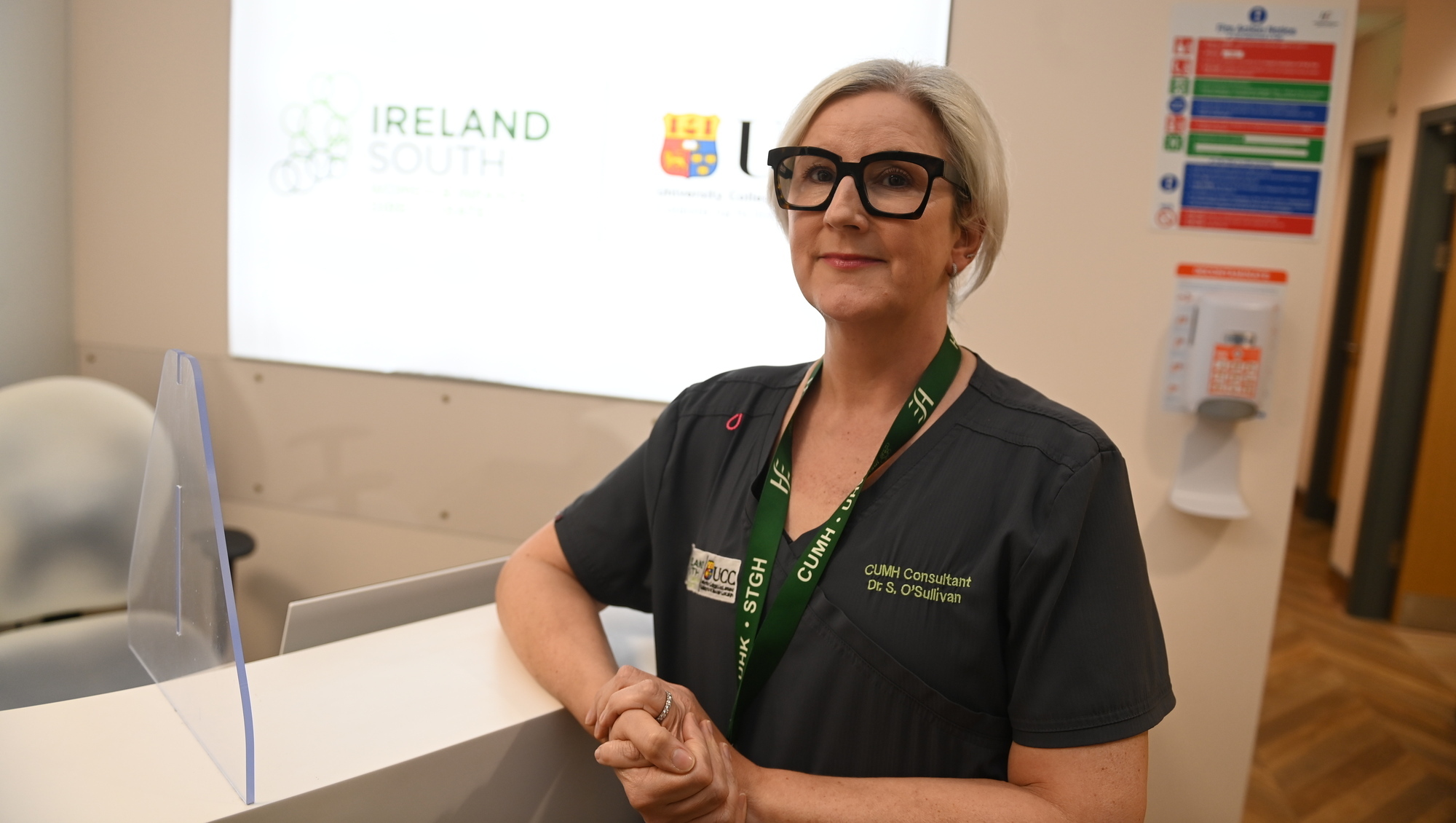
News
November 03, 2025
Women with incontinence 'are crying their eyes out, they don’t want to go abroad' for surgery
Use of vaginal mesh implants has been paused here since 2018 but the HSE can reimburse women for surgery in other countries
**Women with incontinence 'are crying their eyes out, they don’t want to go abroad' for surgery**
The impact of the 2018 pause on vaginal mesh implants for treating incontinence is taking a heavy toll on women, with many reportedly experiencing significant distress and reluctance to travel abroad for necessary surgery. The procedure, designed to support weakened pelvic organs, has been suspended in Ireland due to safety concerns and complications associated with the mesh.
While the Health Service Executive (HSE) offers reimbursement for women seeking this surgery in other countries, the prospect of traveling overseas for medical treatment presents a significant barrier for many. The logistical challenges, financial burdens, and emotional strain associated with traveling to a foreign country for a surgical procedure are proving overwhelming for some.
"They are crying their eyes out, they don’t want to go abroad," a source familiar with the situation revealed, highlighting the emotional distress experienced by women struggling with incontinence and facing the prospect of seeking treatment far from home. The source emphasized the deep-seated anxiety and fear associated with undergoing surgery in an unfamiliar environment, away from their support networks.
The suspension of vaginal mesh implants in Ireland followed growing concerns about complications, including chronic pain, mesh erosion, and organ damage. While the HSE acknowledges the need for treatment and offers reimbursement for overseas procedures, the current system creates a disparity in access to care.
Many women are unable or unwilling to travel due to factors such as financial constraints, family responsibilities, and pre-existing health conditions. This leaves them struggling with the debilitating symptoms of incontinence, impacting their quality of life, social activities, and overall well-being. The lack of readily available surgical options within Ireland has created a sense of frustration and abandonment among those affected, prompting calls for a re-evaluation of the current policy and exploration of alternative treatment options within the country. The situation underscores the need for a comprehensive and patient-centered approach to addressing incontinence, ensuring that all women have access to safe, effective, and accessible care.
The impact of the 2018 pause on vaginal mesh implants for treating incontinence is taking a heavy toll on women, with many reportedly experiencing significant distress and reluctance to travel abroad for necessary surgery. The procedure, designed to support weakened pelvic organs, has been suspended in Ireland due to safety concerns and complications associated with the mesh.
While the Health Service Executive (HSE) offers reimbursement for women seeking this surgery in other countries, the prospect of traveling overseas for medical treatment presents a significant barrier for many. The logistical challenges, financial burdens, and emotional strain associated with traveling to a foreign country for a surgical procedure are proving overwhelming for some.
"They are crying their eyes out, they don’t want to go abroad," a source familiar with the situation revealed, highlighting the emotional distress experienced by women struggling with incontinence and facing the prospect of seeking treatment far from home. The source emphasized the deep-seated anxiety and fear associated with undergoing surgery in an unfamiliar environment, away from their support networks.
The suspension of vaginal mesh implants in Ireland followed growing concerns about complications, including chronic pain, mesh erosion, and organ damage. While the HSE acknowledges the need for treatment and offers reimbursement for overseas procedures, the current system creates a disparity in access to care.
Many women are unable or unwilling to travel due to factors such as financial constraints, family responsibilities, and pre-existing health conditions. This leaves them struggling with the debilitating symptoms of incontinence, impacting their quality of life, social activities, and overall well-being. The lack of readily available surgical options within Ireland has created a sense of frustration and abandonment among those affected, prompting calls for a re-evaluation of the current policy and exploration of alternative treatment options within the country. The situation underscores the need for a comprehensive and patient-centered approach to addressing incontinence, ensuring that all women have access to safe, effective, and accessible care.
Category:
Politics